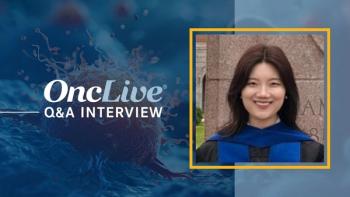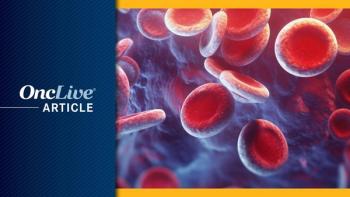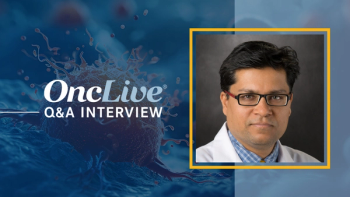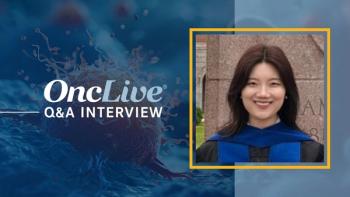
Bruton Tyrosine Kinase Inhibitors
Bijal Shah, MD: When we talk about the response rate in those who’ve received BTK [Bruton tyrosine kinase] inhibitors, it’s important to know that that’s part of the eligibility for the trial. All the patients really should have come on having received a BTK and either been proven intolerant or relapsed or refractory after BTK. The overwhelming majority were relapsed or refractory, but a few who came were intolerant.
In the data that are now published in the New England Journal of Medicine, 1 of the things we can see from the subgroup analyses is the response according to ibrutinib intolerance, according to being relapsed/refractory to ibrutinib. There was a third cohort that I was a little surprised by, which is [those] not previously exposed to BTK, meaning they had some contraindication to receiving the BTK inhibitor. I don’t know much about this particular subset. The patients we enrolled had seen a prior BTK before they went on.
When we look at that particular subgroup, it is true that when you look at the confidence interval, it’s very wide, and it raises the question: Could this be a group that doesn’t benefit as much from CAR [chimeric antigen receptor] T-cell therapy? The answer is we have no idea. There were so few patients who fell into this category. One additional patient who does well and responds well would shift it way back to the right in favor of CAR T-cell therapy. I’m not really sure I can say much about how important prior BTK is to the response of CAR T.
Taking a step back, in what lymphoma and what setting do we need to argue that the response of immunotherapy is somehow dependent on prior exposure to a prior drug. Remember, when we talk about the process for CAR T, patients have to stop the ibrutinib to undergo the leukapheresis, which is where we collect those T cells for manufacturing. Then they can resume the BTK briefly during that period of manufacturing. But it’s only about 2 weeks; it’s not very long. Then they have to stop it again before starting the fludarabine and cyclophosphamide lymphodepleting chemotherapy. It’s really hard for me to believe that ibrutinib, going back roughly a month before the CAR T-cell infusion, is somehow impacting what the CAR T cells are doing.
One very interesting question that remains is, could the ibrutinib exposure prior to the leukapheresis have somehow biased the T cells in 1 way, shape, form, or another, making for a more active product? It’s a great question, and I’m not sure I can answer that. People have speculated that while ibrutinib does inhibit ITK as well as BTK, paradoxically it may strengthen TCR [T-cell receptor] signaling in those T cells, allowing for more selective binding and a better response once you have that more selective binding. I don’t think we really know or understand.
When we talk about CAR T cells, CAR T cells aren’t really acting through their TCR, right? They’re acting through the CAR. We can speculate that maybe there’s a second wave of T cells that are driven to proliferate and driven to activation following that initial CAR T-cell–mediated killing of the lymphoma. These are data that have come out of the Harvard group, Scott Rodig’s group. Others have shown that after Yescarta specifically, by day 10 they could see that the lymph nodes were actually occupied by a very high proportion of non–CAR-T transfected T cells. This would be like saying, “Oh, the CAR T is…somehow driving native T cells to see and kill mantle cell lymphoma,” and now the TCR may be more important. These are more likely to be T cells that come with the product, meaning nontransfected T cells, since we’re giving that lymphodepletion before the CAR T. And we’re talking about doing these biopsies around day 10. I say more likely, but I don’t think we know.
With all this background, it’s a simple way of saying, “Is it possible that ibrutinib somehow drives a better therapeutic response or prior ibrutinib drives a better therapeutic response?” The answer is maybe, but it’s really going to be hard to tease that out. Ultimately, until we do trials that very specifically test that, this is where we’re going to have to leave it.
Trancsript Edited for Clarity


































